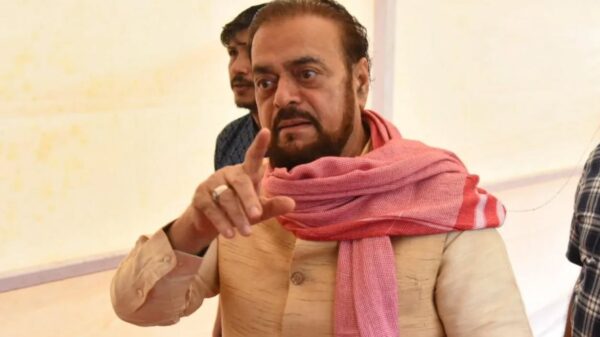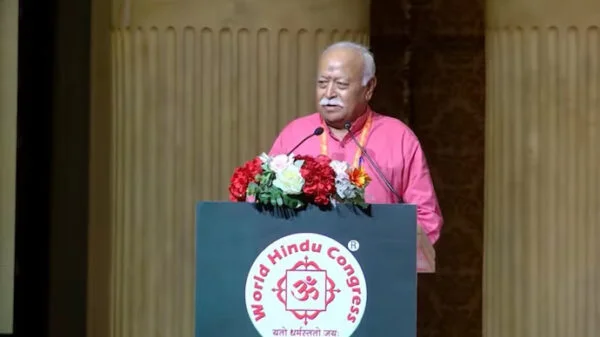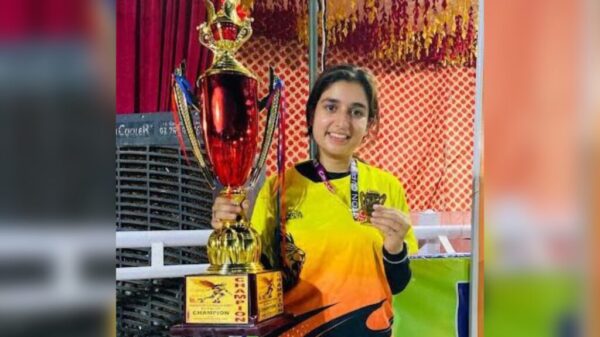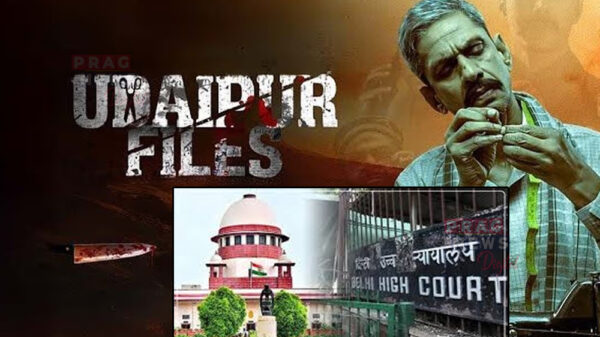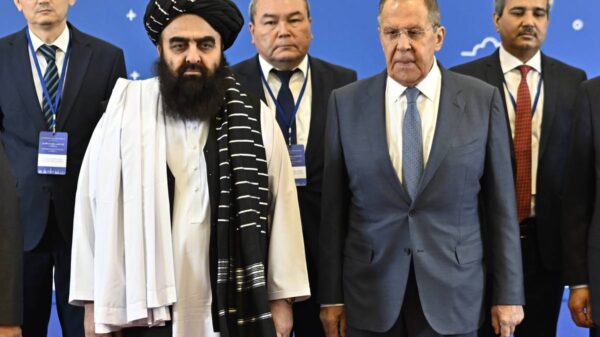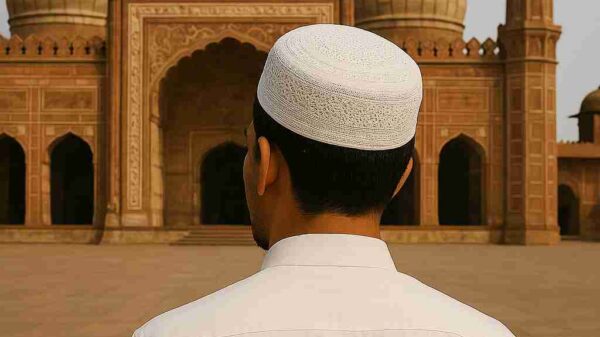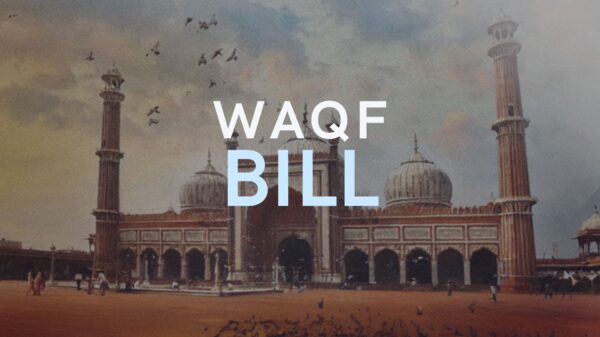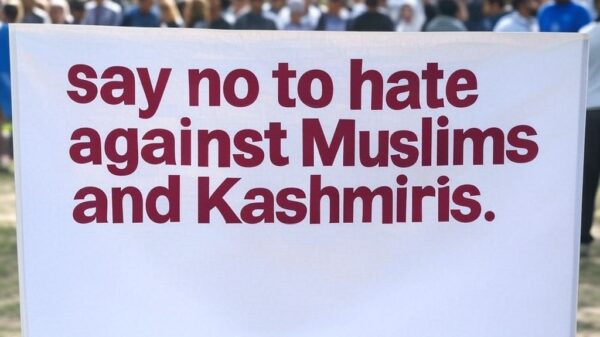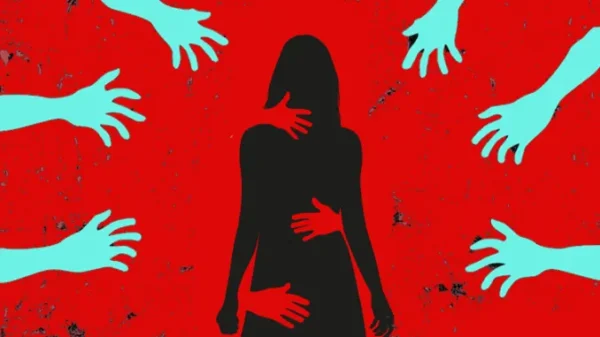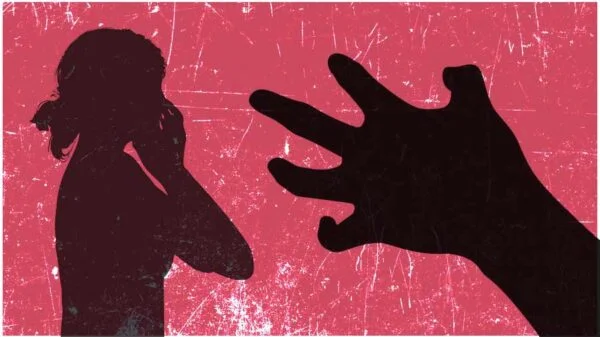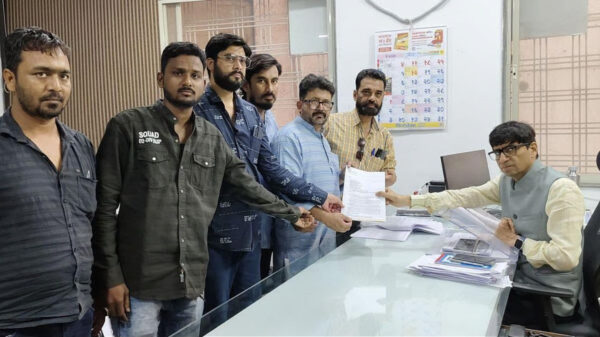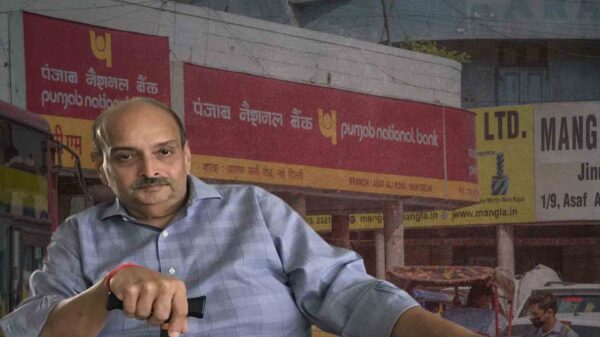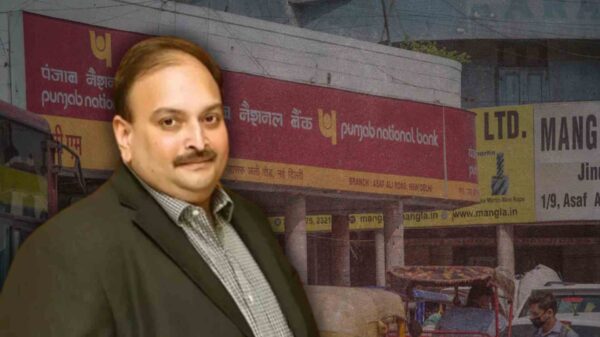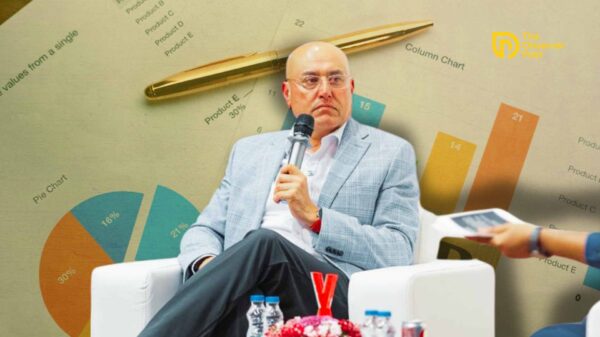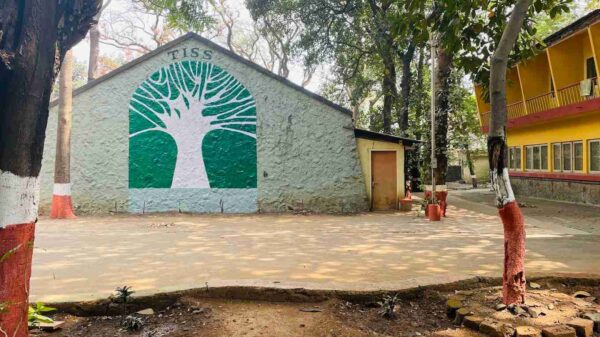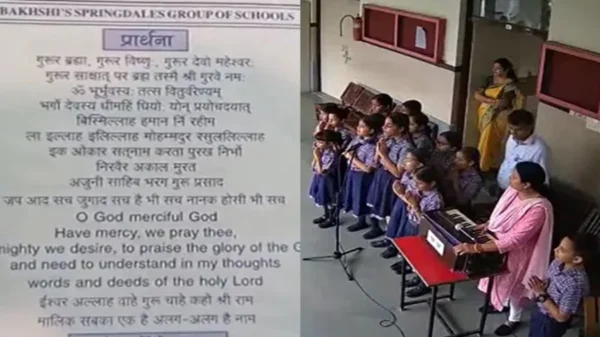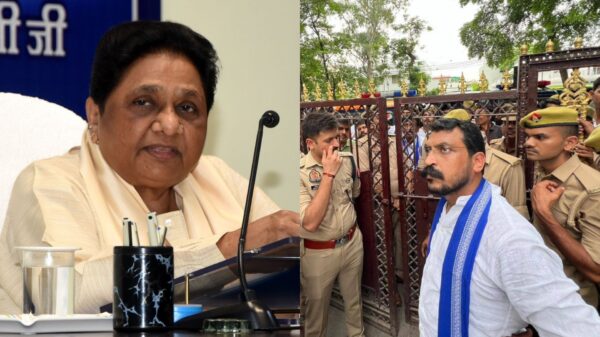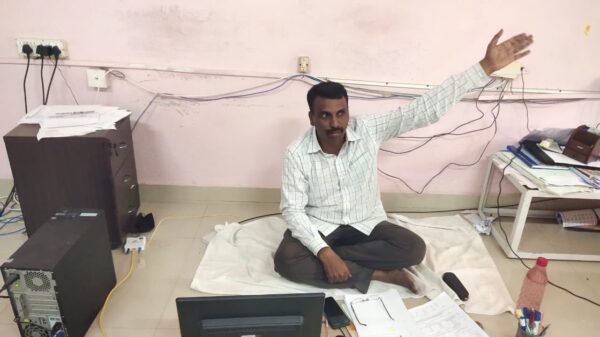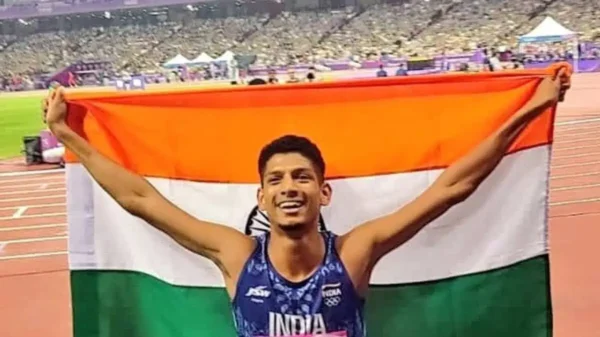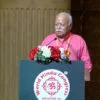We have been without UCC for thousands of years and can also be without it in future
~ Amartya Sen
While a debate on Uniform Civil Code is ongoing, it becomes imperative to ask — “What kind of Uniformity? And whose Code?”
In the popular imagination, UCC is a set of laws that aims to replace personal laws based on religious practices with a common set of rules for all citizens in India.
The concept of a Uniform Civil Code is not new to India. The idea was first introduced in Article 44 of the Indian Constitution as a Directive Principle, which suggests that the state shall endeavour to secure for its citizens a Uniform Civil Code.
However, the framers of the Constitution recognized the diverse religious and cultural practices in India and left the implementation of the UCC at the discretion of future governments.
As of today, though we have no comprehensive paper, or a draft outlining what UCC would mean for the people of India, there is a raging debate, as well as fear in many quarters.
Of particular concern are the expressed anxieties of religious minorities, most notably the Muslim community, who fear potential subjugation and erosion of their distinct practices.
The BJP’s pursuit of the UCC can be traced back to its shift towards Hindutva politics after the 1984 general election. With the rise of the Ram Janmabhoomi movement, the party embraced divisive strategies to gain political power, portraying minorities as outsiders with questionable loyalty to the nation. The UCC, in this context, becomes another tool to further their divide-and-rule agenda.
The debate on UCC gained major traction recently when the 22nd law commission of India asked for fresh public opinion on UCC through a questionnaire.
It was around the same time, when Prime Minister Narendra Modi spoke in favor of UCC, addressing “Indian Muslim” sisters in Bhopal Madhya Pradesh. He argued, “there cannot be two laws in one family.”
Further, he established a direct link between UCC & the abolition of the triple talaq ruling probably, suggesting to his supporters as if the Law Commission has been handed the task of creating legislation to address the social inequalities that are arising from adhering to ‘Sharia’ only.
Unsurprisingly, an influential strand of arguments favouring the UCC hinges on projecting Muslim family laws, and by large, the Muslim community as regressive, conservative, orthodox, patriarchal and resistant to change. While in sharp contrast, the Hindu family law remains progressive, inclusive, and gender-just, which must be emulated and extended to all communities across India.
The proponents of the UCC, particularly within the Bharatiya Janata Party (BJP), believe that modernizing personal laws — (a thinly veiled reference to personal laws among Muslims), would be a significant step towards ensuring gender justice.
Different Shades of ‘Justice’
While BJP continue to boast its commitment to women’s emancipation, this time through UCC, the claim warrants a closer examination as the images of women wrestlers, who were protesting against a BJP MP accused of sexual harassment, being pushed around by the Delhi Police are still fresh in public memory.
Worse, is the reality on ground in places like Manipur where women are being horrifically gang-raped and paraded naked in broad daylight! Such hypocrisy as it speaks of women empowerment while women’s very safety and dignity are left hanging by a thread, Isn’t it?
Several feminists and women’s rights organisations like (AIDWA), having membership of more than a crore across the country, are sceptical about the intentions behind the push for a UCC, fearing it might be used as a tool to impose the agenda of the majority. If history is any proof, during the 1990s, the idea of a UCC was extensively criticized by women’s groups who feared the unspoken intentions of the Hindu Right in advocating it.
Activists and human rights defenders too have expressed reservations about the BJP’s motives, suggesting that the party’s interest in gender equality appears selective and driven more by political considerations than genuine concern for women’s rights.
Many Dalits, LGBT & Adivasi groups from across Karnataka are demanding a ‘gender equality code’ instead of a UCC.
‘Uniformity’ does not inherently imply ‘rights’ or ‘equality’. It can also mean uniformity in discrimination, where you apply certain discriminatory provisions and biases uniformly across all.
The push for a UCC has elicited strong opposition from Muslim leaders and the community at large, who fear losing their distinct personal laws and cultural identities.
As per the Bharatiya Janata Party’s claim, it seeks to tackle certain elements in Muslim personal laws, which includes polygamy, unilateral divorce, denial of alimony, and unequal inheritance for women.
However, polygamy is not exclusive to any one religious community. It exists among various groups such as the Naga tribes, the Gonds, the Baiga, and the Lushai, among others while also the systems of polyandry prevail in the Himalayan tract stretching from Kashmir to Assam.
Instances of caste privileges and polygamy can also be traced in Goa, which is projected as the ideal blueprint and a shining example of an Indian state with a uniform civil code.
Furthermore, a census study on marriage and polygamy (referenced in the famous ‘Towards Equality’ report of 1974 concerning the status of Indian women) revealed that incidents of polygamy (often bigamy) were more prevalent among Hindus than Muslims.
Implementing a UCC must not be seen as a one-size-fits-all solution in a diverse and pluralistic society like India. While there may be a permanence of certain fundamental beliefs about the nature of life that is pervasive through Hinduism, Hindus as a group are incredibly non-homogenous.
As Derrett says in his book on Hindu law, “we find the Hindus to be as diverse in race, psychology, habitat, employment and way of life as any collection of human beings that might be gathered from the ends of the earth.” (wikipedia)
Therefore, India’s demographic and historical baggage needs to be considered while discussing the feasibility of a UCC.Otherwise, these efforts towards a common will may prove counterproductive leaving the minority class particularly Muslims even more insecure and vulnerable to get attracted towards fundamentalist and extremist ideologies.
Albertina Almeida, a distinguished Goa-based lawyer and human rights activist, contends that a Uniform Civil Code might inadvertently fuel the very divisive tendencies it aims to dispel.
Nobel Laureate Amartya Sen too expressed his strong disapproval of the urgency in implementing the Uniform Civil Code, deeming the idea unwarranted and unnecessary.
“I saw in the papers today that there should not be any further delay in implementation of Uniform Civil Code. Where did such a stupid thing come from? We have been without UCC for thousands of years and can also be without it in future”.
~ Amartya Sen
“Hindu Rashtra cannot be the only way in which the country can progress. Certainly there is an attempt to use….. or, misuse the Hindu religion,” he added further.
The information presented in this article represents the personal viewpoints of the author and does not necessarily reflect the opinions of The Observer Post. The article contains facts, analysis, assumptions, and perspectives that are solely the author’s own.






